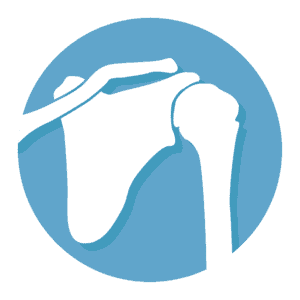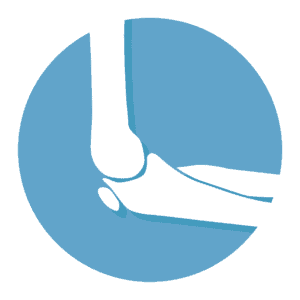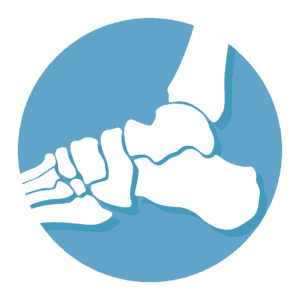|
Dr. Cascio, medical director of Sports Medicine at Lake Charles Memorial Hospital, specializes in Orthopedics and Sports Medicine.
|
||
 |
||
|
Shoulder pain is a common problem, and there can be many causes. A full diagnosis of your symptoms will help address the underlying problem.
|
||
 |
||
|
Dr. Cascio will work with you to perform the necessary exams and tests to diagnose the source of your hip pain and then provide you with your options.
|
||
 |
|
|
|
Knee pain is a common problem, and there can be many causes. Dr. Cascio treats knee pain and injury.
|
||
 |
|
|
|
Elbow pain is a common problem, and there can be many causes. Dr. Cascio treats elbow pain and injury.
|
||
 |
||
|
Ankle pain is a common problem, and there can be many causes. Dr. Cascio treats ankle pain and injury.
|
||
 |
||
Worker’s Comp injuries need a doctor with the special training and experience to handle these complex problems. When you can’t work, the stress of life is compounded. Dr. Cascio and his team have years of experience dealing with both the surgical and non-surgical treatment of on the job Injuries.
 |
Learn More |
